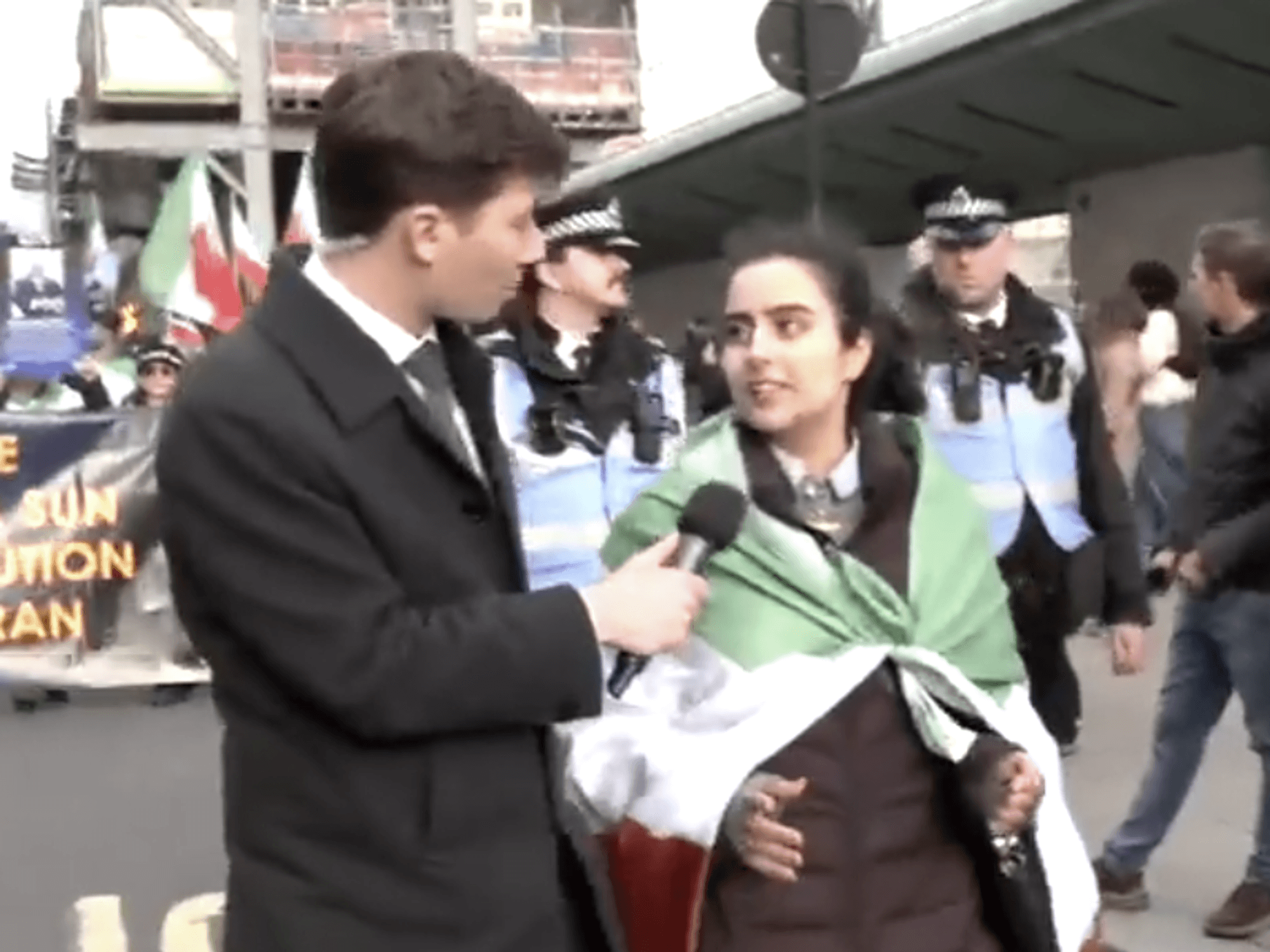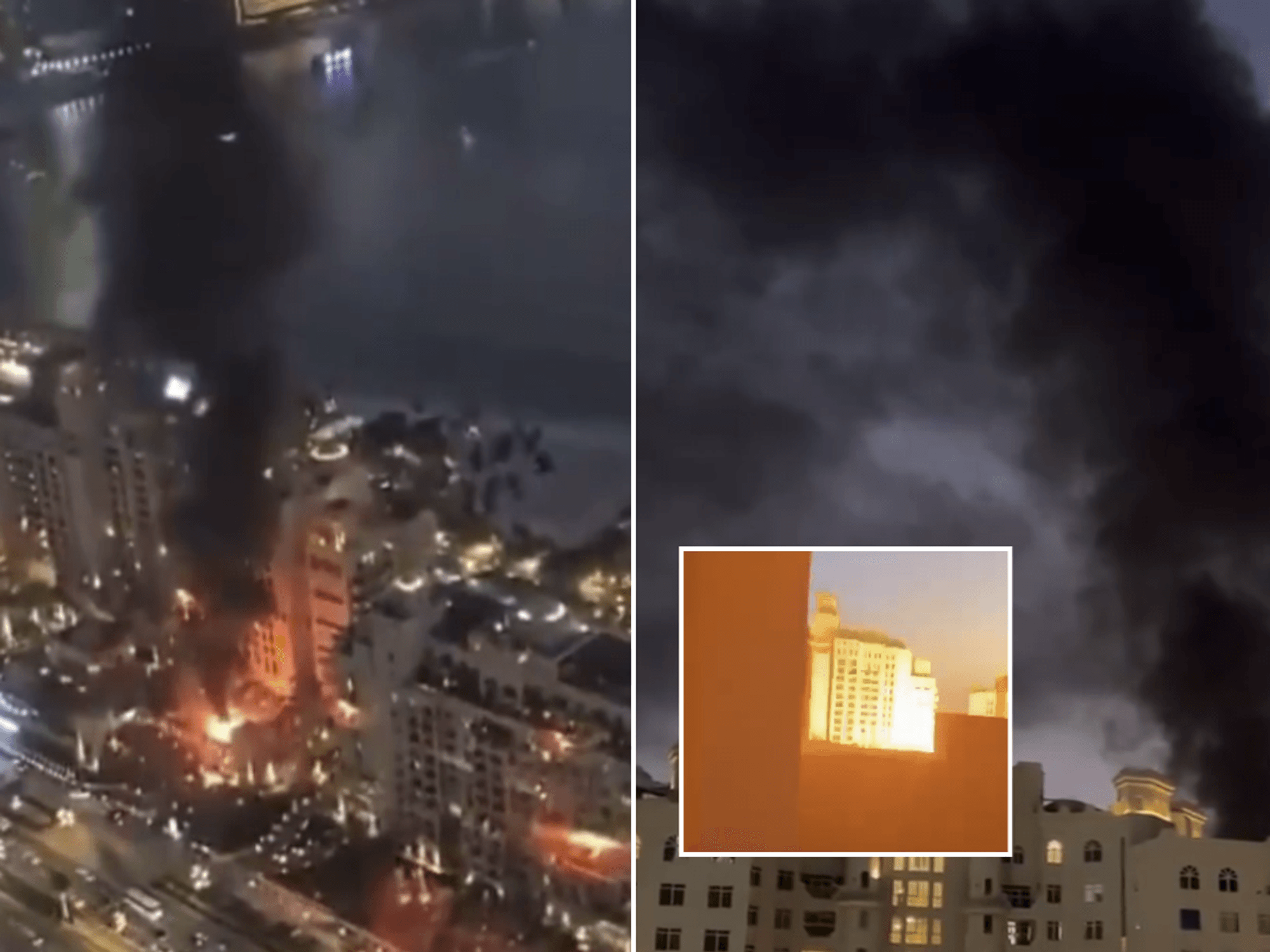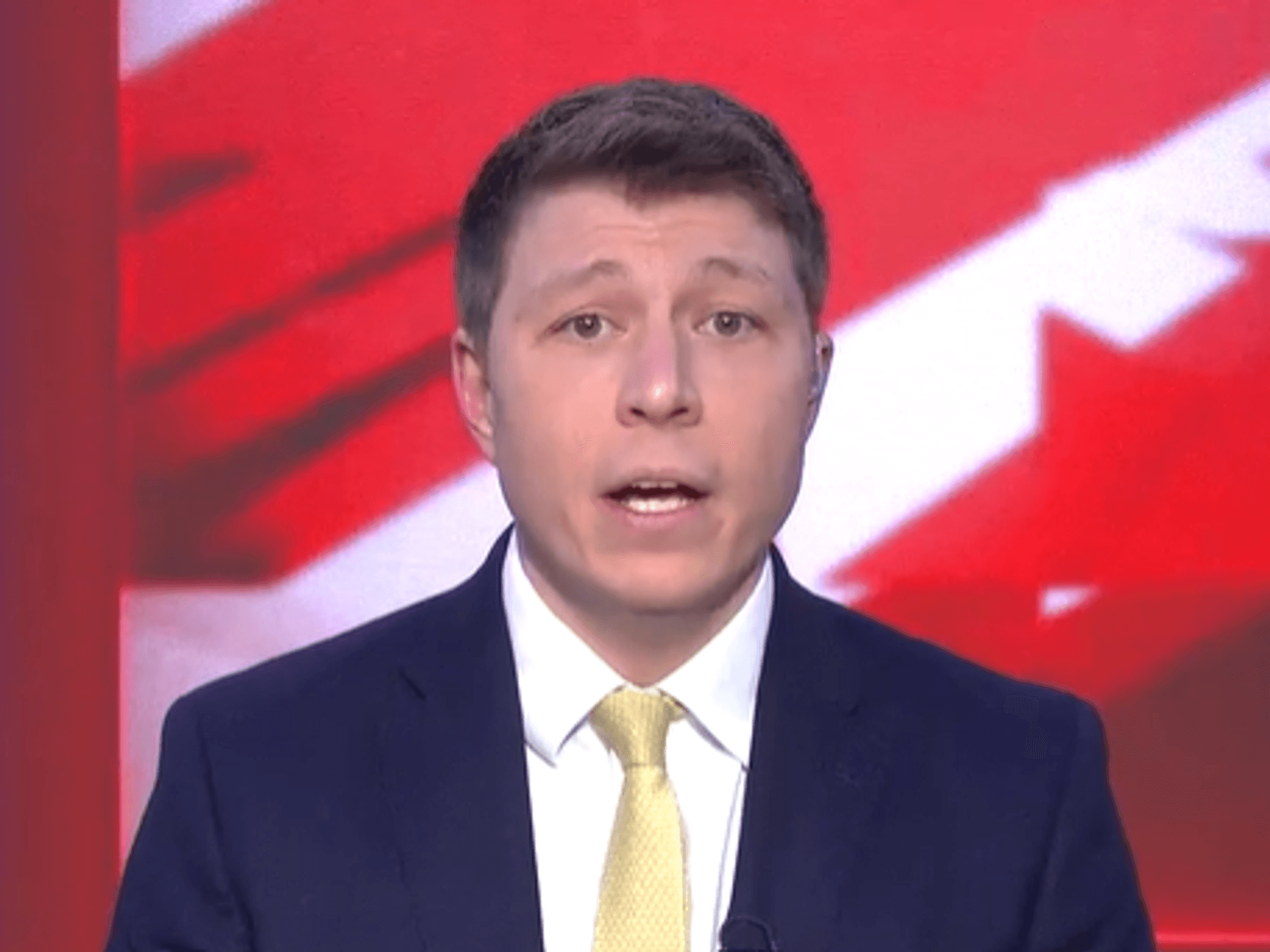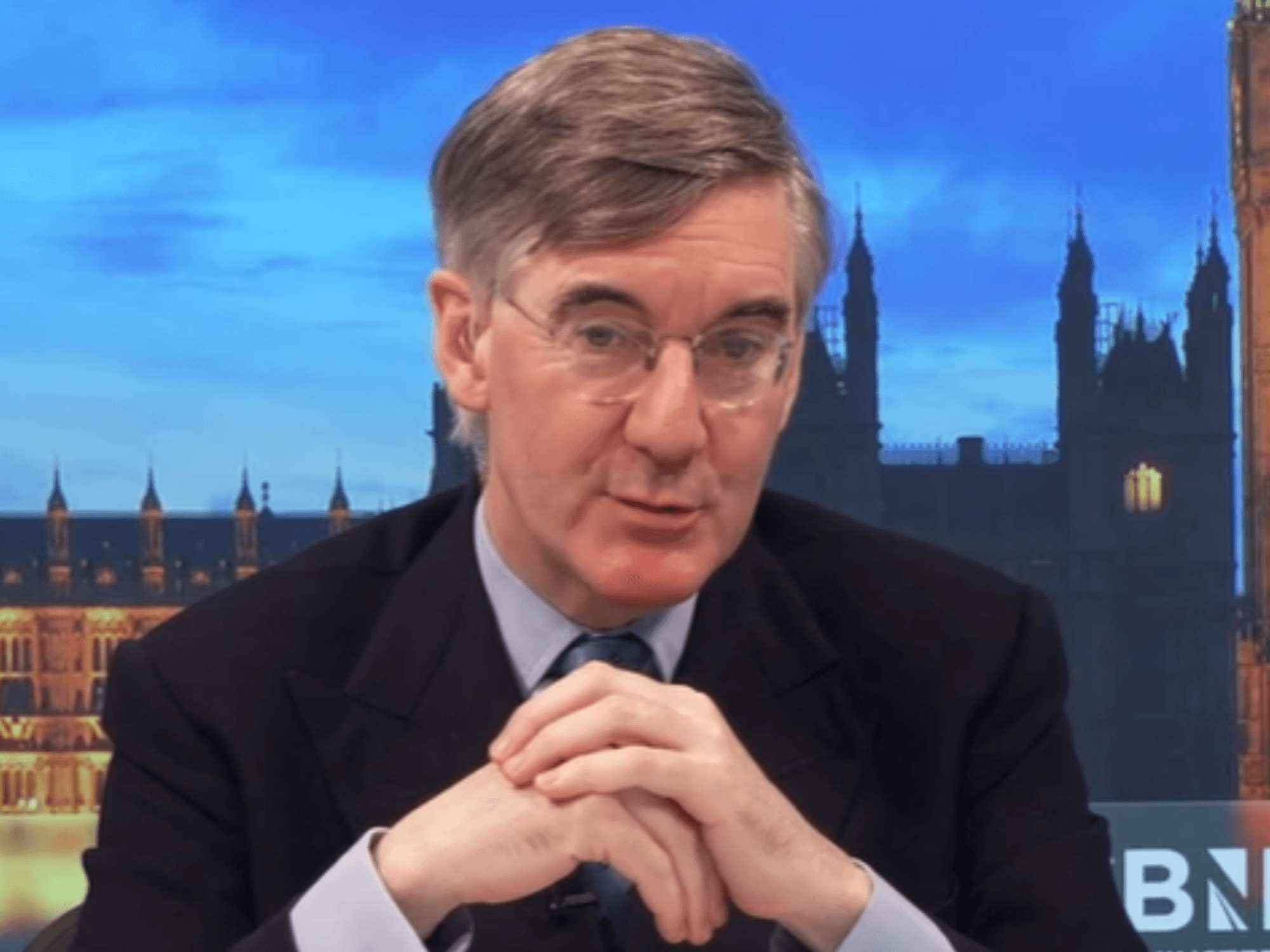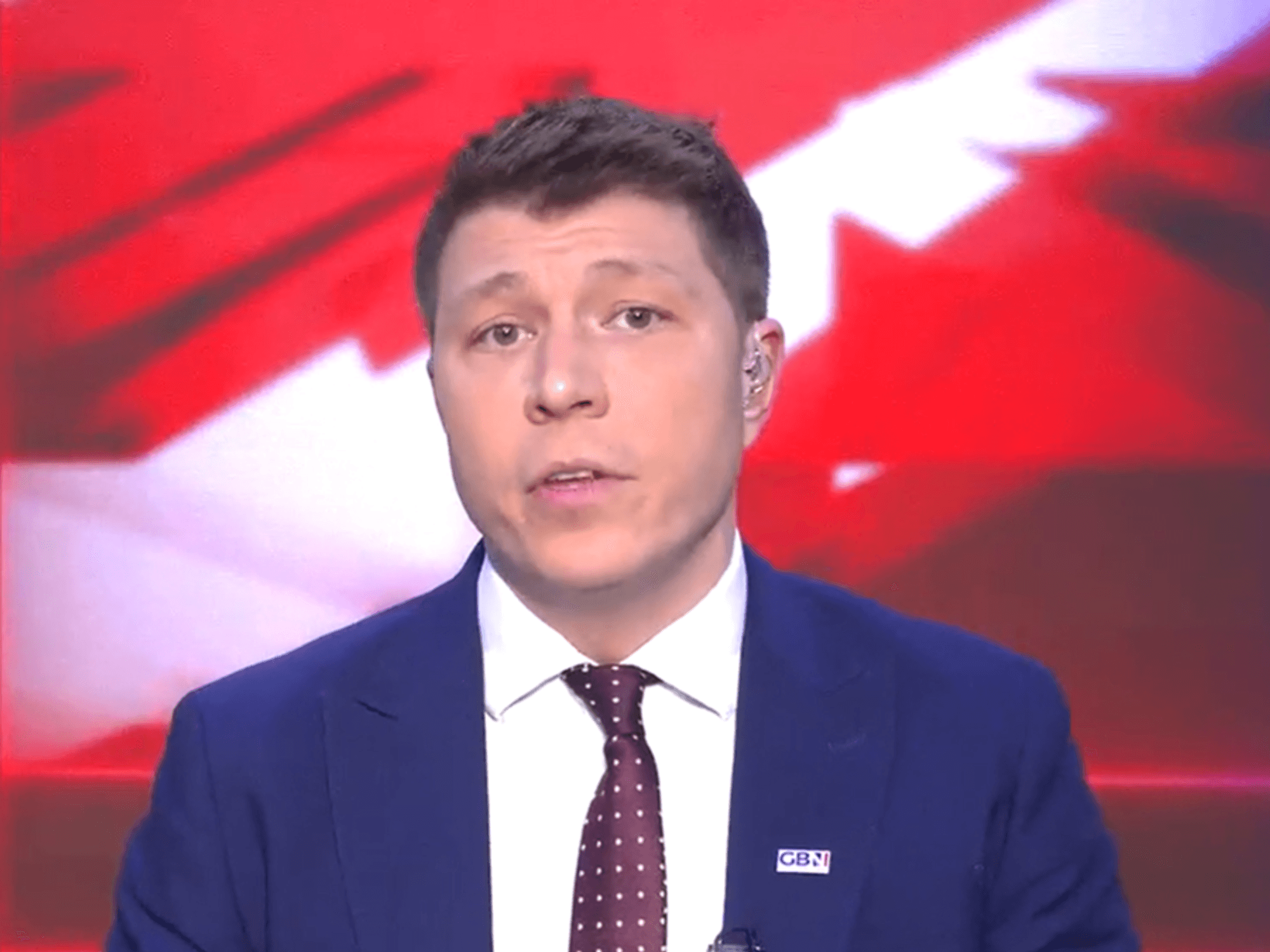A London-based TV station backs one of the world's most hostile regimes — and Ofcom is powerless to stop it

Charlie Peters visits headquarters of pro-Iran TV channel allowed to operate in UK |
GB
As the physical threat from Iran mounts, this is becoming more and more of a gamble, writes Andrew Gilligan, a senior fellow at Policy Exchange
Don't Miss
Most Read
Trending on GB News
For the Islamic Republic of Iran, one of the world’s most hostile regimes, Britain remains something of an obsession. Even as we lost our empire and stopped being a superpower, Iran still sees us as the key player behind the scenes, pulling the strings of the Americans and the West generally.
In the words of Ayatollah Ali Khamenei, the country’s supreme leader, Britain is Iran’s “most treacherous” enemy. Iranian TV broadcasts a soap opera that features real British diplomats as characters and calls the British embassy in Tehran a “nest of spies”.
It’s flattering, in a way, that they take us so seriously. But it’s also increasingly dangerous. As the government’s independent counter-terror adviser, Jonathan Hall, warns, Britain now faces an “extraordinary” threat from Iran. In the three years to 2024, there were 15 attempts by Iranian agents to kidnap or kill people in this country.
That was bad enough. But the pace has dramatically accelerated. Twenty “potentially lethal” plots have been tracked by MI5 over the last year alone.
Most of those plots are against anti-regime Iranians in the UK, such as journalists for the opposition TV station, Iran International.
But that doesn’t mean the rest of us are safe. As Parliament’s Intelligence and Security Committee has said, Iran has “demonstrated a willingness to conduct attacks using methodologies which would be highly likely to result in significant collateral damage to individuals in the area”, such as bombings, and Iran has been “linked to preparations for a wider physical attack in the UK…the impacts of which would potentially not be limited to the dissident community”.
A few years ago, police and MI5 raided five houses in London, seizing 20,000 first aid kits. Each kit included an ice pack, which contained the explosive precursor, ammonium nitrate.
Fewer than ten packs were needed to produce a small explosive device. As the Intelligence and Security Committee said: “MI5 assessed that Lebanese Hizbollah [a terror group closely linked to Iran] was stockpiling as part of its contingency planning should Iran or Lebanese Hizbollah judge that an attack was necessary.”
 A London-based TV station backs one of the world's most hostile regimes — and Ofcom is powerless to stop it |
A London-based TV station backs one of the world's most hostile regimes — and Ofcom is powerless to stop it | GB News/Getty Images
Sometimes the British state seems to be across the threat. But perhaps more often, it’s oddly lax.
The story GB News reports today – an openly pro-Iranian TV channel, LuaLua TV, which is still allowed to have a British broadcasting licence, and still allowed to beam out support for Iran and Hezbollah from its base in London – is a classic example.
Ofcom, the broadcasting regulator, says it has no power to regulate LuaLua’s content, because it now broadcasts only online. But it could still take away its licence, as it has recently suspended other licences from Iranian outlets, including the state broadcaster Press TV (for whom, I should declare, I have presented a show, 16 years ago).
Ofcom told us that some channels may hold licenses without actively using them.
There are several other examples of organisations linked directly to the regime, yet which are still allowed to operate freely in Britain – including mosques, schools, charities and pressure groups. GB News will be examining some of these in the coming weeks.
It’s all part of what Paul Stott, my colleague at Policy Exchange, calls a “pattern of weakness” by the British authorities over Iran.
Why don’t they act? As Stott says, Iran isn’t the same as China, a major trade and economic power which has billions invested in the UK and whose factories supply many of our shops and businesses. We haven’t got anything to fear from Iran pulling the economic plug.
Part of it, perhaps, is that sense that Iran is interested in us – even if only from a position of hostility. Unlike the United States, Britain still has diplomatic relations with Iran. The British embassy in Tehran is matched with an Iranian embassy in Kensington.
The UK may believe that allowing the pro-regime broadcasters and organisations to operate is a price worth paying for keeping those diplomatic channels of communication open.
But as the physical threat from Iran mounts, that policy is becoming more and more of a gamble.
Our Standards: The GB News Editorial Charter
More From GB News





